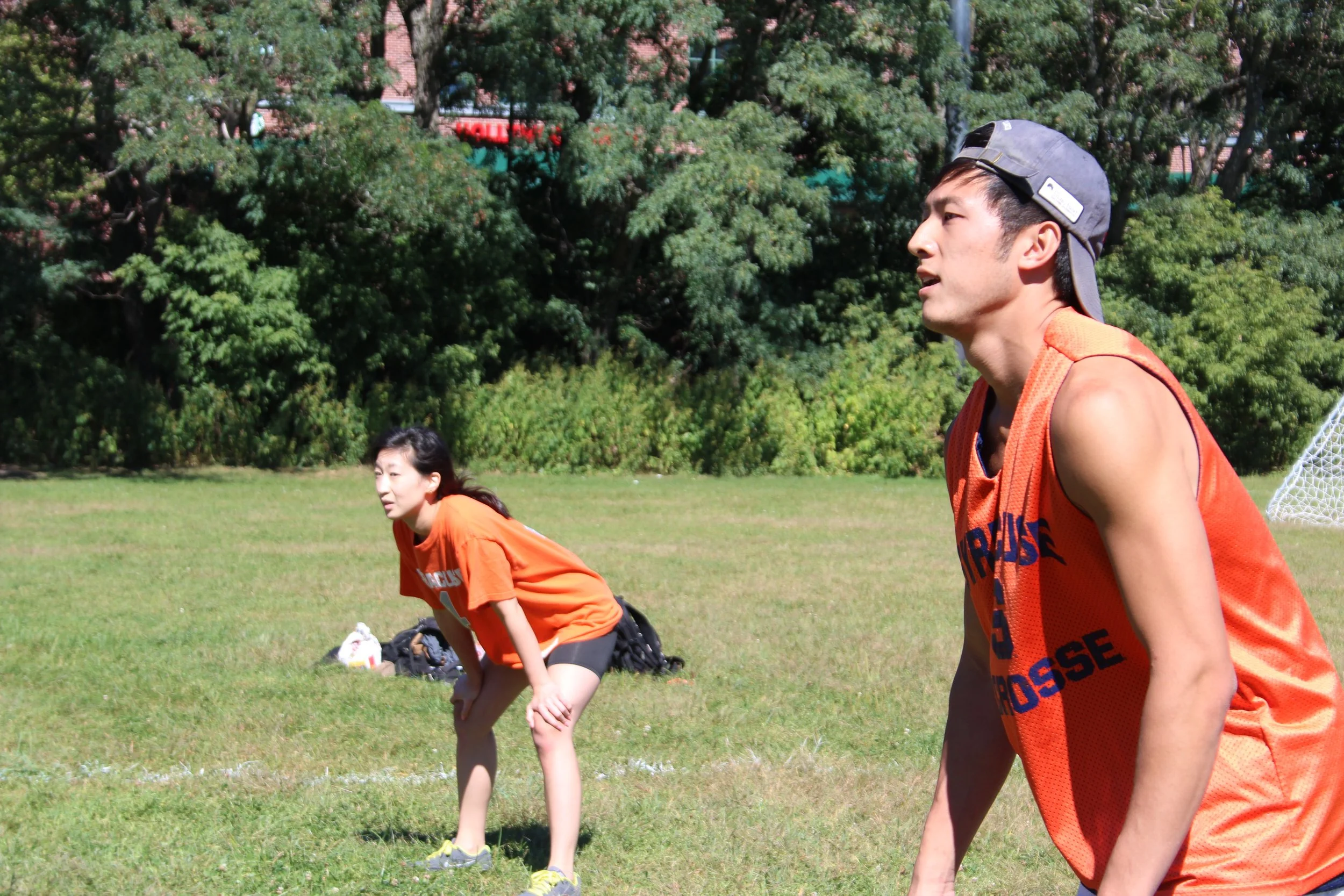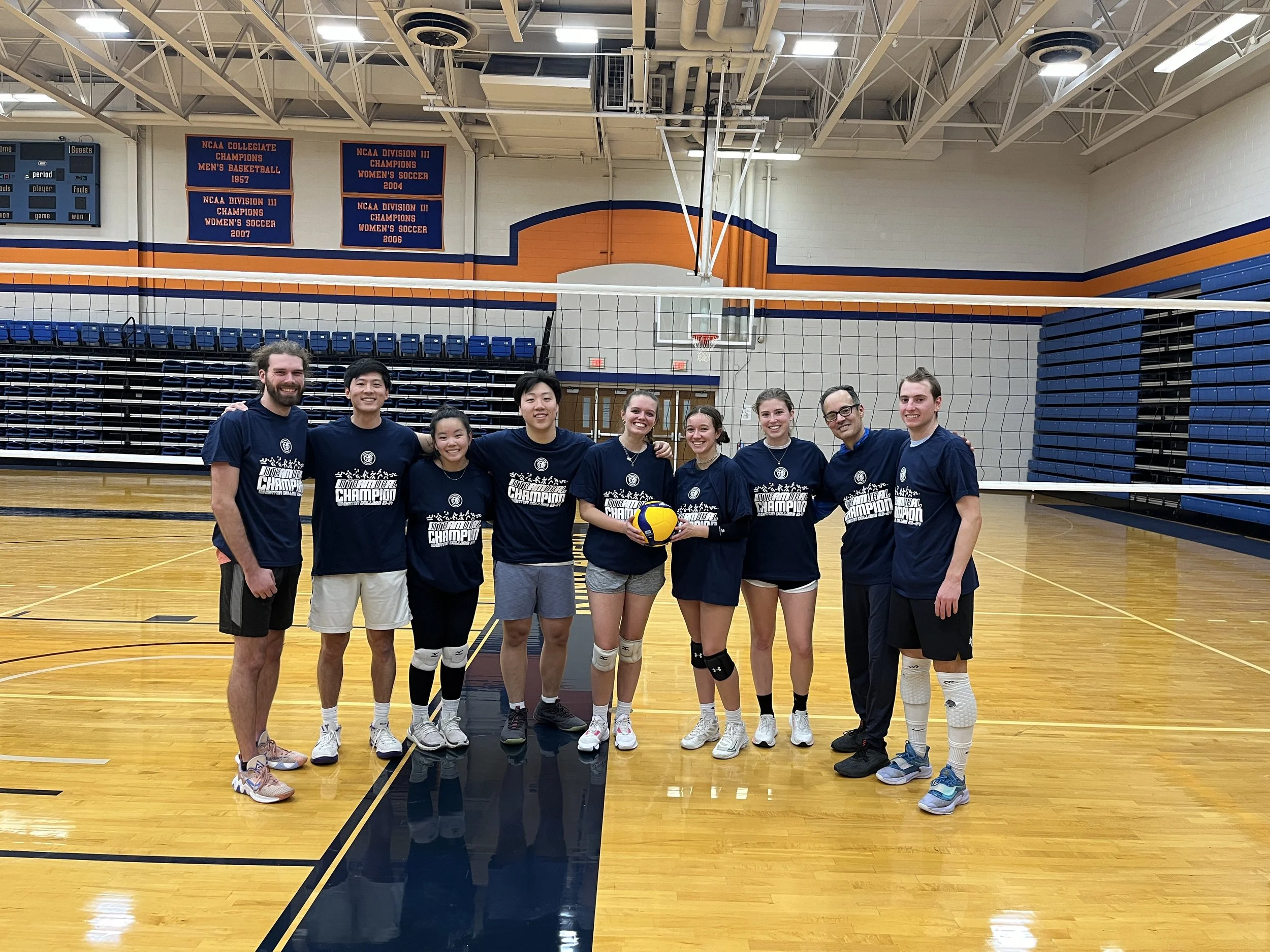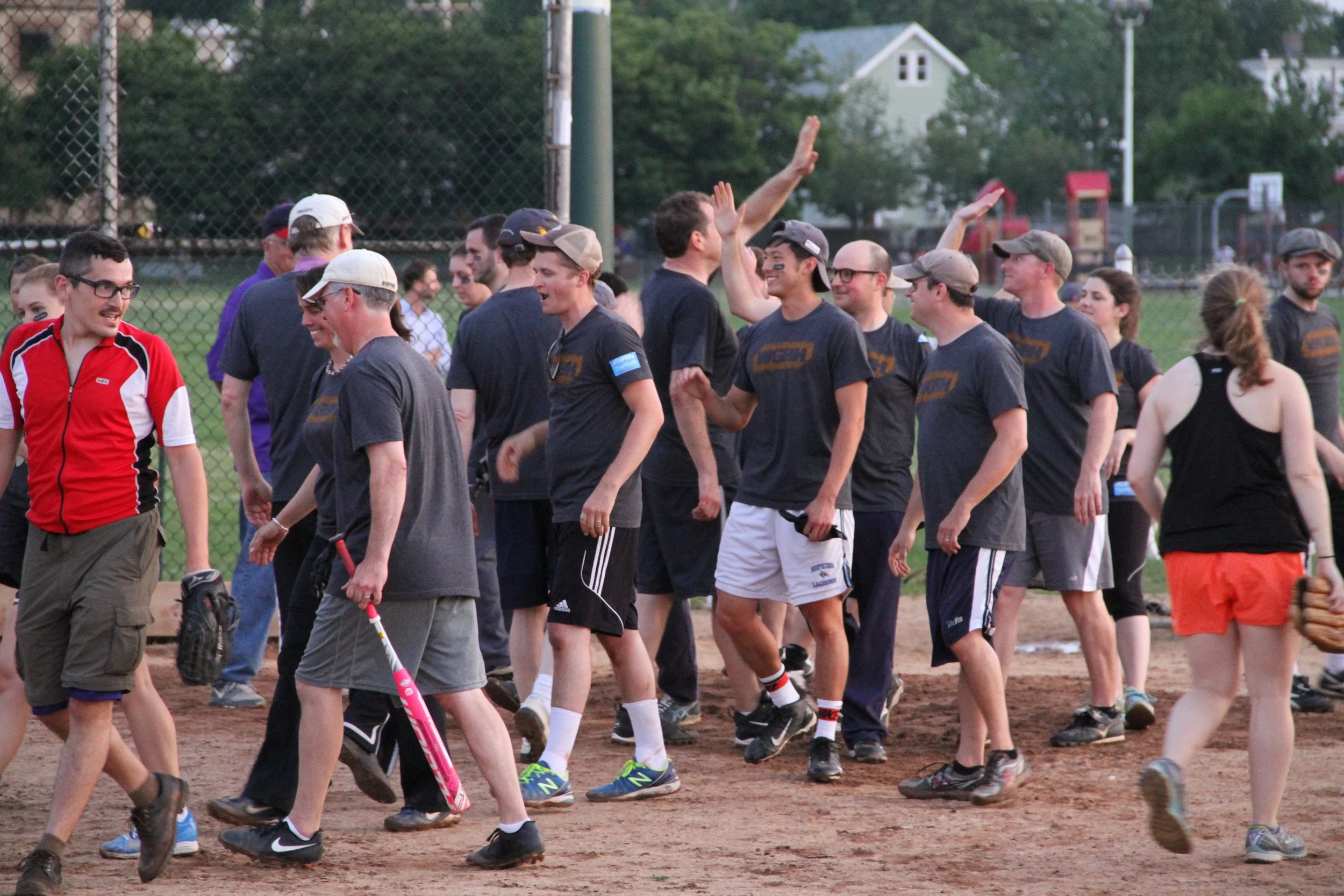Taking Play Seriously….
In my family, most of us have didn’t grow up feeling that excited for things pertaining to school, career, or even church. But when it came to fishing, rock climbing, sports, or other forms of play, we would be awake at 3am, with a smile on our face, and we become expert travel agents, accountants, and professional guides. I know that many people would feel similarly in getting more excited about hobbies over their jobs, but in my family the approach toward play & hobbies has alway felt really intense. Like it wasn’t just fun and games, but the presence of play was a matter of life and death, something we need it at all times for our survival.
As I was exploring a theological understanding of play through my independent study in grad school, it helped me process why play is taken so seriously in my family. As shared in my first post, most of my family grew up with a lot of tension in our households. In the presence of marital conflicts and abuse, the uncomfortable relationships with stepfamily, the pain and emptiness felt from abandonment of our real fathers, or the heavy burden as young boys to take care of our single mothers, the contrasting presence of laughter, fun, and joy through play shined especially bright for our family through darker times. For me personally, sports were a powerful form of refuge, safety, and play that brought healing, joy, and hope into my adolescence, which is why I had interest in exploring a deeper, theological understanding of play in my research. Here are just a few takeaways that stuck out to me as I continue to process the gift of play and how it has helped me understand and anchor my identity in God.
Among the few researchers who have undertaken a theological understanding of sports, it is argued that sports are a specific form of the human instinct to play. Harvey (2014) defines play as a ‘fundamentally unnecessary yet meaningful activity’ that speaks to fun and freedom for humans to celebrate and enjoy (p. 71). Because God created humans in His love and delight without some type of expectation for humans to only produce, humans play to simply delight in this freedom as God’s beloved children. Thoennes also claims that sport is a form of holy play that embodies “imagination, creativity, and spontaneity and must be ‘non-compulsory in nature as it provides perspective, diversion, and rest” (n.d., p. 1). Taken further, sport and competition are a type of holy play where there are rules and structures agreed upon that enable humans to enhance the expression of freedom anchored in God the creator (Thoennes, 2021, p. 2). Lastly, Treat similarly claims that sports are a way for humans to delight in God and celebrate existence as a gift to be received and enjoyed (n.d, p. 3). Taken together, sport and competition could be best understood as specific forms of holy play that is a natural and instinctive expression among human beings to freely embody their existence that is connected to being created by a loving God who delights in His creation.
Unfortunately, because of sin amidst a broken and suffering world, sports are not immune to corruption and abuse in ways that go against the holy design as articulated previously. Harvey (2014) explains how sport has historically taken on many forms and expressions, and in many ways were used as a vehicle for pageantry, idolatry, and cruelty that does not honor God and conflicts with Christian values. Treat adds, “sin shapes sport culture in a variety of systemic ways, such as the win-at-all-costs mentality that leaves in its wake broken families, compromised integrity, and wounded friendships” (n.d., p. 5). Thus, while sports and play can be a holy and healthy expression of humans delighting in God and His creation, the historical and contemporary accounts of sports have also revealed the ways in which sports and play also mirror sinful human nature. Relatedly, there are also doubts and uncertainty for the value or justification of humans to participate in sports or play amidst a suffering world that experiences wars, poverty, crime, famine, etc. However, Thoennes (2021) helps to deepen the vision of holy play as one that is actually deeply connected to suffering, “play and playfulness can serve to remind those who are burdened and heavy laden that there is rest and restoration on the way” (p. 3). Scripture supports these claims with passages in Zechariah and Revelation alluding to dancing and playing in the context of God’s restoration for humanity (ESV, 2001). In addition, as humans also work to produce in a modern society that is highly utilitarian, play is also a powerful form of sabbath and rest that reminds humans of their childlike dependence on God’s sovereignty (Thoennes, 2021, p. 6). Thus, to understand holy play and sports in a broken and suffering world is to acknowledge that sin can also easily corrupt play and sports into forms of idolatry but it can also be a powerful embodiment of joy and hope in God’s restoration, rest, and redemption for the world.
There is something serious to me about moments in life where I am catching a fish in a river with my cousins cheering me on, or riding a boat with my uncle watching a perfect sunset on the lake, or passing a ball to a close friend on the volleyball court to watch him score and celebrate. These are experiences of play in natural creation that have pointed me to the presence of the Father and also embody the hope, joy, and freedom found in Jesus Christ amidst my own hurt and the suffering of this world.
Additionally, I feel that play is frequently considered a luxury or afterthought, particularly in many companies, churches, or organizations that I have been a part of in my professional or personal journey. Perhaps this is the ‘hill I will die on,’ but I believe that healthy play is not a luxury but an absolute necessity and that play has a healing power to transform the world. I believe healthy environments of play that strengthen and encourage a sense of camaraderie, humility, wonder, and unity ARE the safer places where I’ve been able to effectively engage more challenging things in life such as resolving family conflicts, sharing/hearing differing political views, journeying through nuanced conversations on race and diversity, building cross-cultural relationships, or providing/receiving loving accountability with brothers and sisters regarding patterns of sin in our lives. At least for me, it is in these environments where I have always felt most hopeful about humanity and will continue to take play seriously in this way…
References
English Standard Version Bible. (2001). Crossway.
Harvey, L. (2014). A brief theology of sport (First US edition.). Cascade Books.
Thoennes, E. (n.d.). Created to play. Body ministries. http://www.bodyministries.com/createdtoplay.html
Thoennes, E. (2021). Holy play: A Christian theology of sport and competition. Desiring God. https://www.desiringgod.org/articles/holy-play
Treat, J. (n.d.). More than a game: A theology of sport. Gospel Coalition. https://www.thegospelcoalition.org/themelios/article/more-than-a-game-theology-of-sport/






